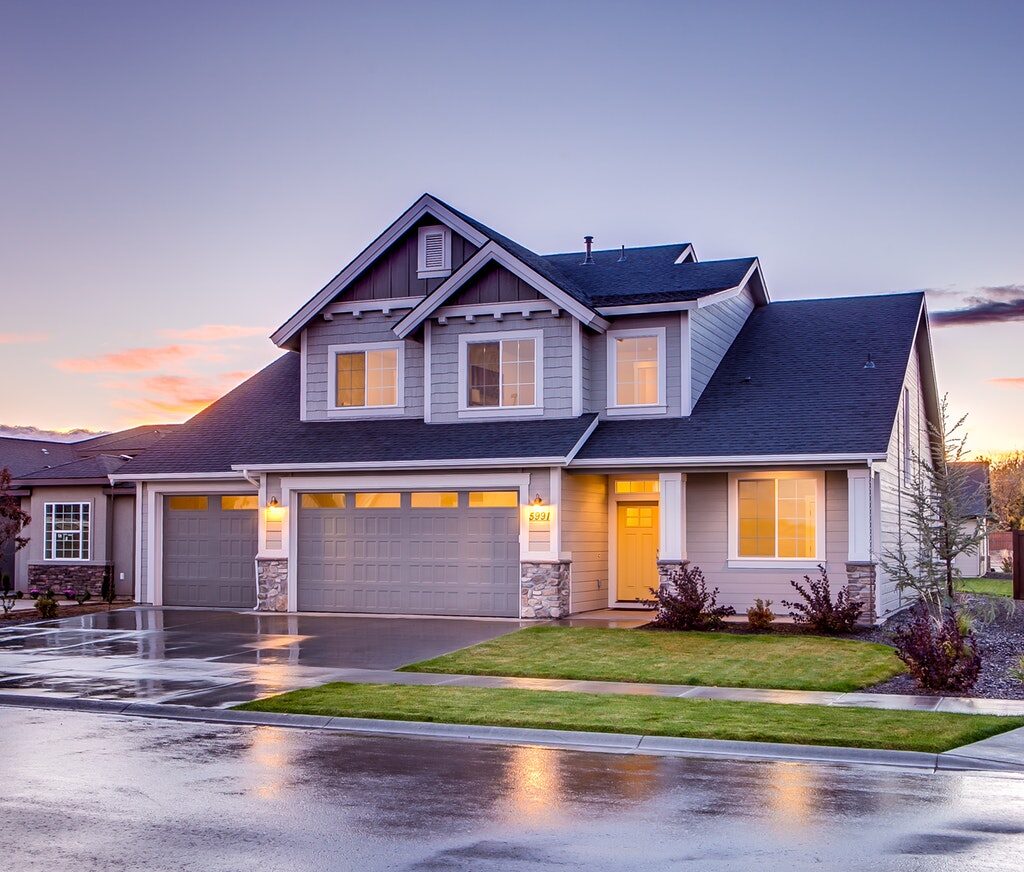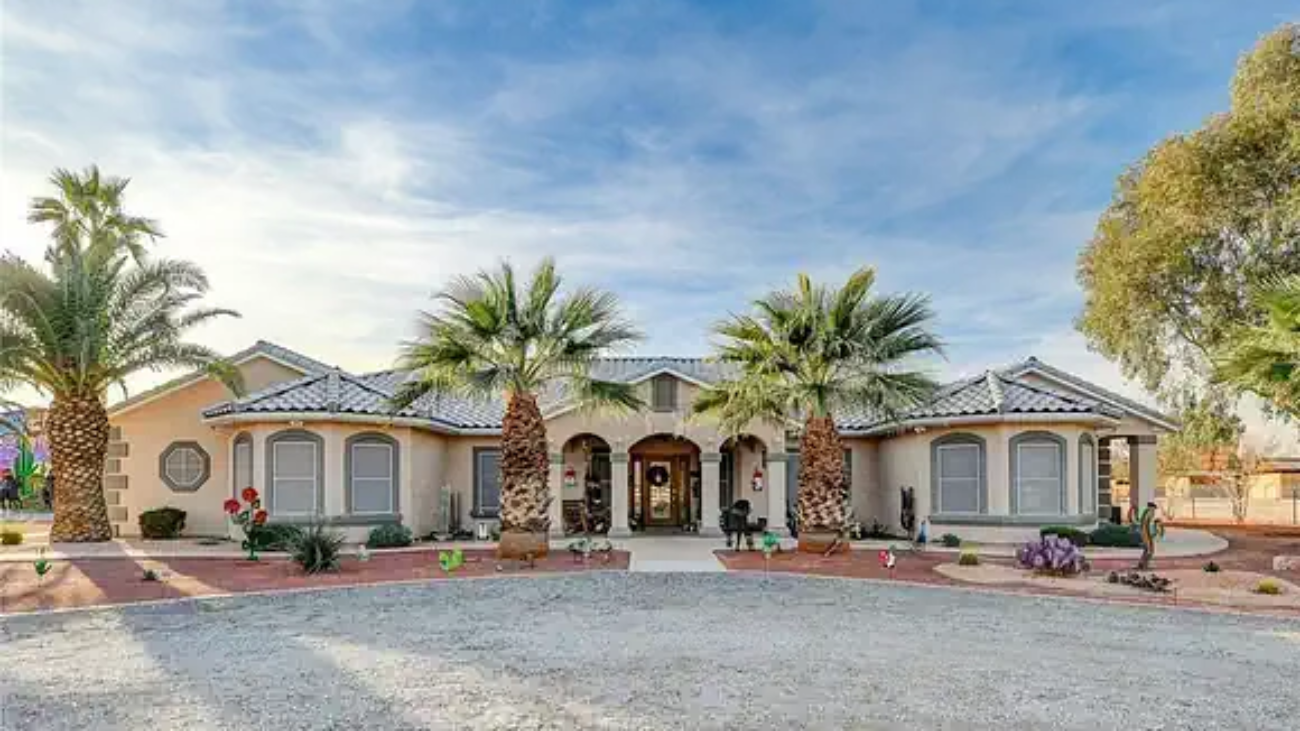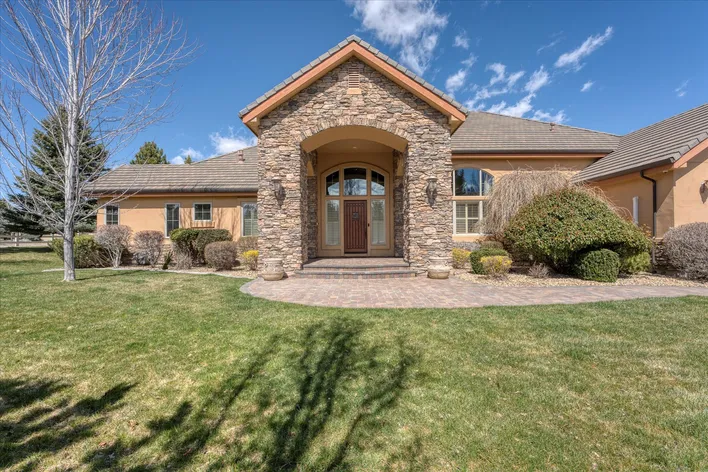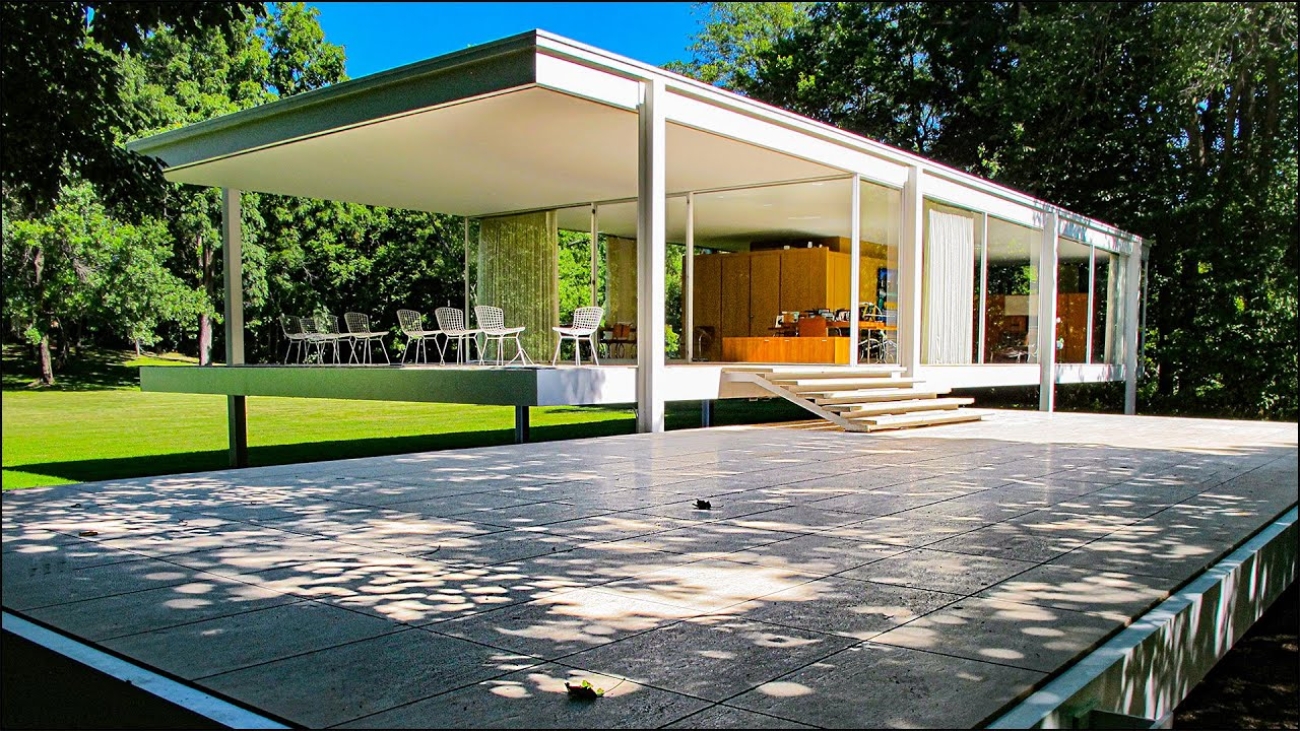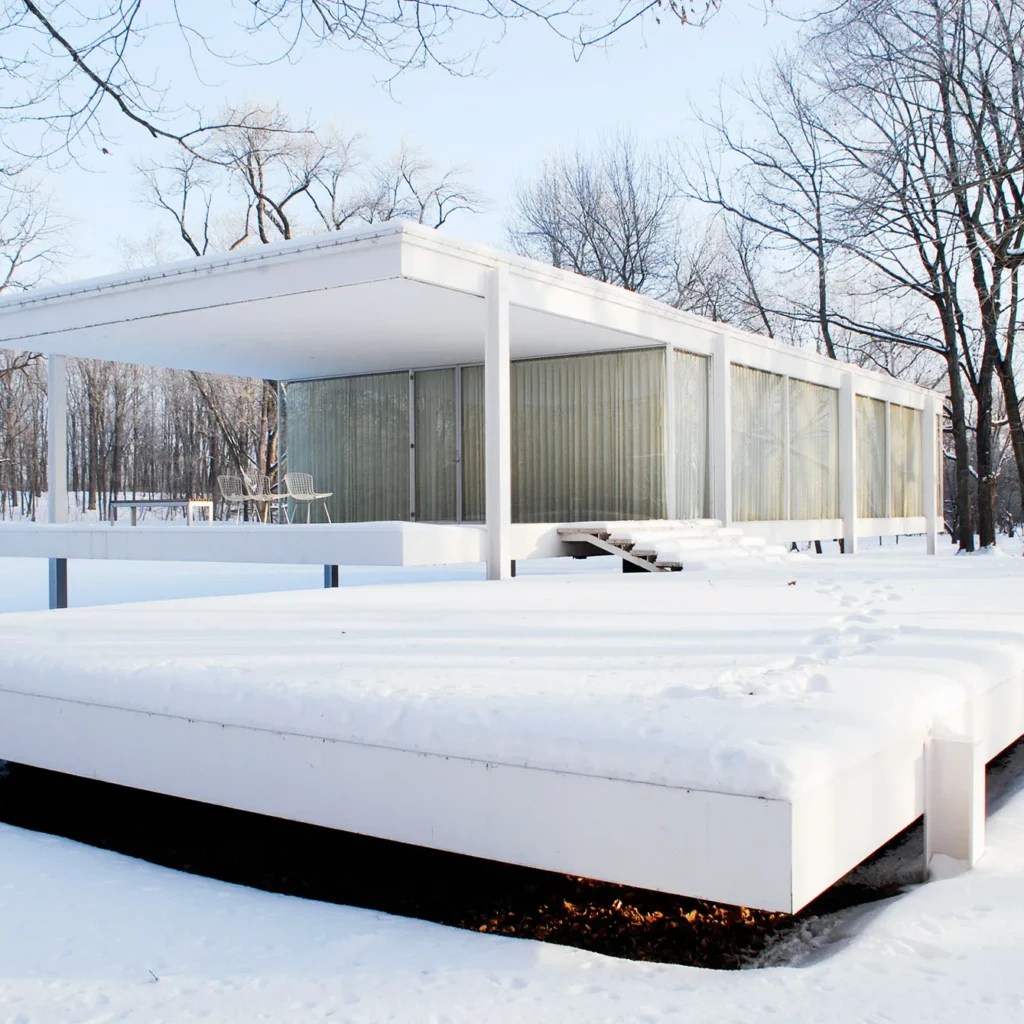Real Estate in Washington, D.C.: A Dynamic Market with Prime Opportunities
Washington, D.C.’s real estate market is one of the most dynamic and sought-after in the United States. As the nation’s capital, the city boasts a rich history, a thriving economy, and an ever-evolving urban landscape. Whether for residential, commercial, or investment purposes, Washington, D.C. offers a wealth of opportunities for buyers and investors looking to capitalize on its steady growth and strategic location.
Overview of Washington, D.C.’s Real Estate Market
The real estate market in Washington, D.C. is known for its resilience and consistent appreciation in property values. Due to its status as the political and administrative hub of the U.S., demand for real estate remains high, with government employees, diplomats, professionals, and investors continually entering the market. The city’s mix of historic charm and modern development creates a unique atmosphere where colonial-style townhouses exist alongside high-rise luxury apartments and cutting-edge commercial buildings.
Residential Real Estate Trends
Washington, D.C.’s residential real estate sector is characterized by high demand and competitive pricing. Buyers and renters are drawn to the city’s vibrant neighborhoods, each offering distinct architectural styles and lifestyle amenities.
Key trends include:
- Strong Housing Demand: Limited space and high demand have contributed to rising home prices and a competitive market.
- Luxury Developments: Areas like Georgetown, Capitol Hill, and Dupont Circle feature high-end properties with historic significance and modern upgrades.
- Urban Living Appeal: Young professionals and families continue to flock to urban areas like Logan Circle and Shaw, where walkability and access to amenities are key attractions.
- Affordable Housing Initiatives: As property values rise, city authorities have launched programs to increase affordable housing options and mixed-income developments.
Commercial Real Estate Growth
The commercial real estate sector in Washington, D.C. remains robust, driven by the presence of government institutions, multinational corporations, law firms, and lobbying organizations. The demand for office spaces, hotels, retail centers, and mixed-use developments continues to grow, with particular interest in:
- Downtown Business District: A hotspot for corporate offices, financial institutions, and government agencies.
- Retail and Hospitality Boom: The city’s booming tourism industry fuels demand for hotels, restaurants, and retail spaces.
- Technology and Innovation Hubs: Emerging technology firms and startups are setting up operations in districts like NoMa and the Wharf, further diversifying the commercial market.
Investment Opportunities
Washington, D.C. presents a wealth of investment opportunities, thanks to its economic stability and diverse property market. Some of the most promising investment areas include:
- Multi-Family Units: The city’s high population density makes apartment buildings and rental units lucrative investments.
- Short-Term Rentals: The influx of tourists, business travelers, and temporary government employees creates a strong market for short-term rental properties.
- Historic Property Renovations: Restoring and modernizing historic properties in prime locations can yield substantial returns.
- Commercial Real Estate Expansion: With ongoing infrastructure and development projects, investing in retail, office, and mixed-use spaces can be highly profitable.
Challenges and Considerations
While Washington, D.C.’s real estate market is thriving, investors and buyers must navigate certain challenges, such as:
- High Cost of Living: The city’s real estate prices are among the highest in the nation, requiring substantial investment capital.
- Zoning Regulations and Restrictions: The historical nature of many neighborhoods means strict zoning laws that can impact development projects.
- Market Competition: Due to the limited availability of land and high demand, securing desirable properties can be challenging.
Conclusion
Washington, D.C. remains a premier real estate destination with vast opportunities for homeowners, businesses, and investors. Its strong economy, political significance, and diverse housing and commercial options make it an attractive market for those looking to invest in long-term growth. Whether seeking a charming townhouse in a historic district, a modern high-rise condo with city views, or a prime commercial space in the business hub, Washington, D.C. offers an array of possibilities for those ready to make their mark in this thriving metropolis.






